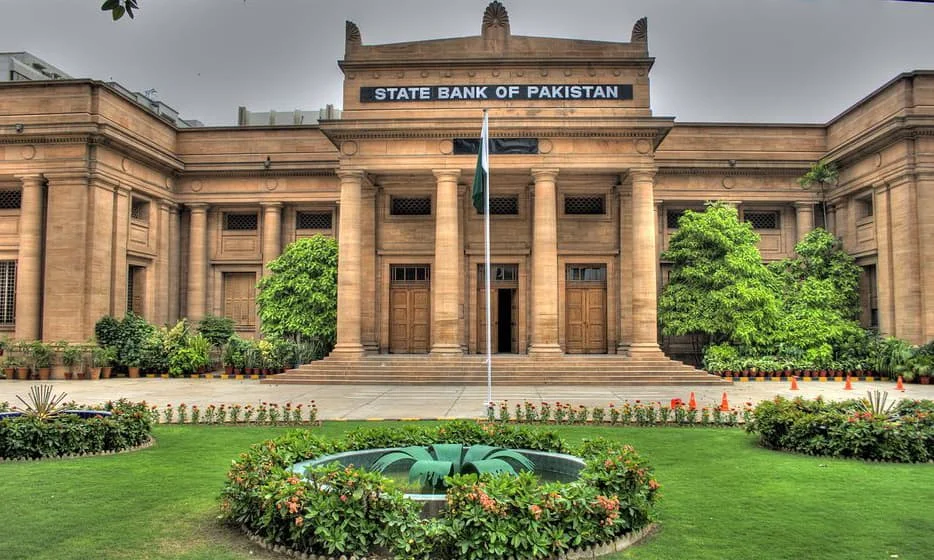In a move towards digitalisation of financial products and services and to accelerate the digitisation of retail payments, the State Bank of Pakistan (SBP) has issued standards for Quick Response (QR) code-based payments.
These standards are to be met for issuing QR codes and accepting payments through the same, the central bank said in a statement on Wednesday.
This initiative is a part of SBP’s drive to promote inclusion, innovation, and modernisation of payment systems in the country.
The development and issuance of a single QR code was earlier announced by Governor State Bank of Pakistan Dr Reza Baqir, while chairing the 5th Stakeholders consultation meeting on Digital Financial Services in August 2021.
With the issuance of a single country-wide QR code standard Pakistan joins the list of countries that have taken similar steps to promote low-cost digitisation of payment services, especially at retail level.
Read More:
SBP warns banks of penal action for delaying transaction alerts
SBP sets limits for sale of foreign exchange to individuals
According to the statement, QR code-based payments are increasingly becoming popular around the world for being low cost and easy to use via mobile applications.
However, in Pakistan, QR codes that are being issued by financial institutions are not usually based on common industry standards and have limited interoperability due to which their acceptance and usage in the country is very low.
Accordingly, the common QR code standards have been developed by an industry consultative group, formed by SBP, and is based on EMVCo’s QR Code Specifications for merchant payments. EMVCo is a global technical body that facilitates worldwide interoperability and acceptance of secure payment transactions by managing and evolving the EMV Specifications and related testing processes.
The standards are designed to be flexible to adapt to new and innovative use-cases, with data objects allocated for scheme, acquirers and SBP for future use, said the statement.
To facilitate the issuance and adoption of QR code-based payments, SBP has issued two variations: one for person-to-person payments and the other for person-to merchant payments. The Person to Person (P2P) standard would be used by banks and financial institutions to generate personalized QR codes for their customers, using which they would be able to receive payments on their mobile apps.
Similarly, the person to merchant standard would be used for accepting and processing merchant-based payments, using mobile apps, on lines similar to card-based payment acceptance.
All financial institutions offering digital payment services would be required to comply with the new requirements and ensure that mobile apps of all banks and other payment institutions in Pakistan are able to scan and process any QR code that is issued as per the new standard not later than 30th June 2022.
The standards also promote the establishment of domestic payment schemes, which will provide an efficient and cost-effective payment alternative to the citizens of Pakistan.
Further, it will enable a fully interoperable mechanism for QR issuance with embedded information of multiple payment schemes within a single QR code, allowing the customer to choose from a range of available schemes.
This will result in eliminating or reducing the number of multiple QR Codes at the merchant locations. It may be mentioned that SBP has also recently launched the person-to-person (P2P) version of its instant payment system, Raast which will offer a fully interoperable payment mechanism for QR-based payments as well.
With the issuance of the standard QR code guidelines, the SBP aims to further enhance the availability and promote the use of low-cost digital payment acceptance points (i.e. QR Codes) across the country.
The new QR Code standard would simplify customer experience for paying or accepting digital payments in their daily lives such as for grocery shopping, school fee payments, bill payments, online shopping, ride-hailing services, besides enabling P2P Fund transfers i.e. fund transfers between individuals.


